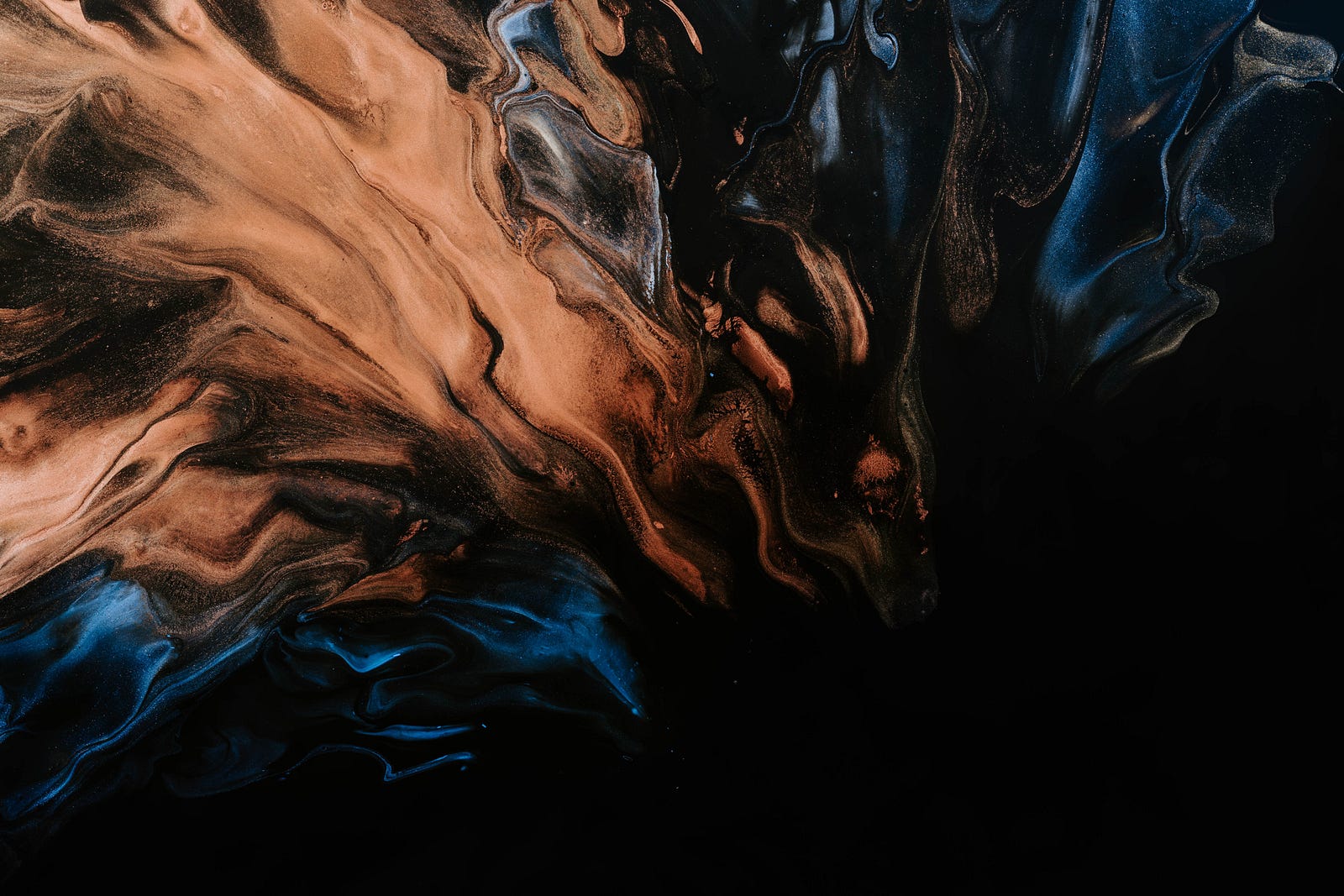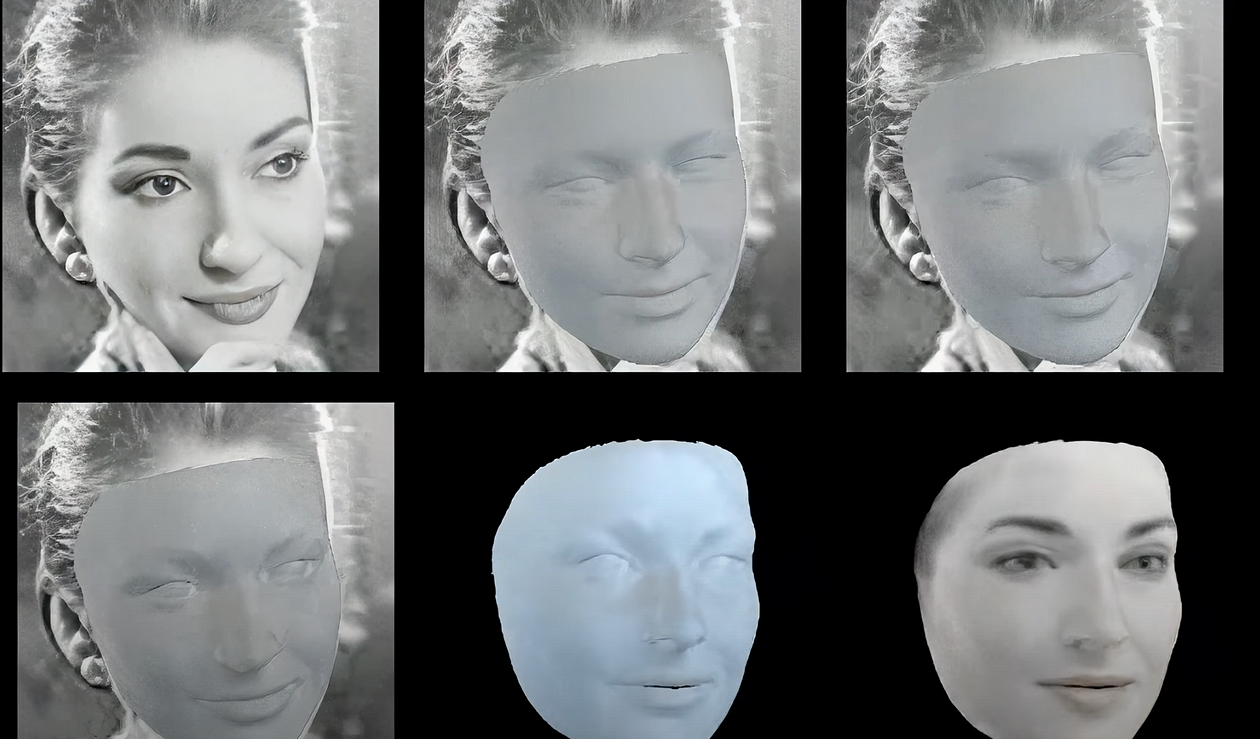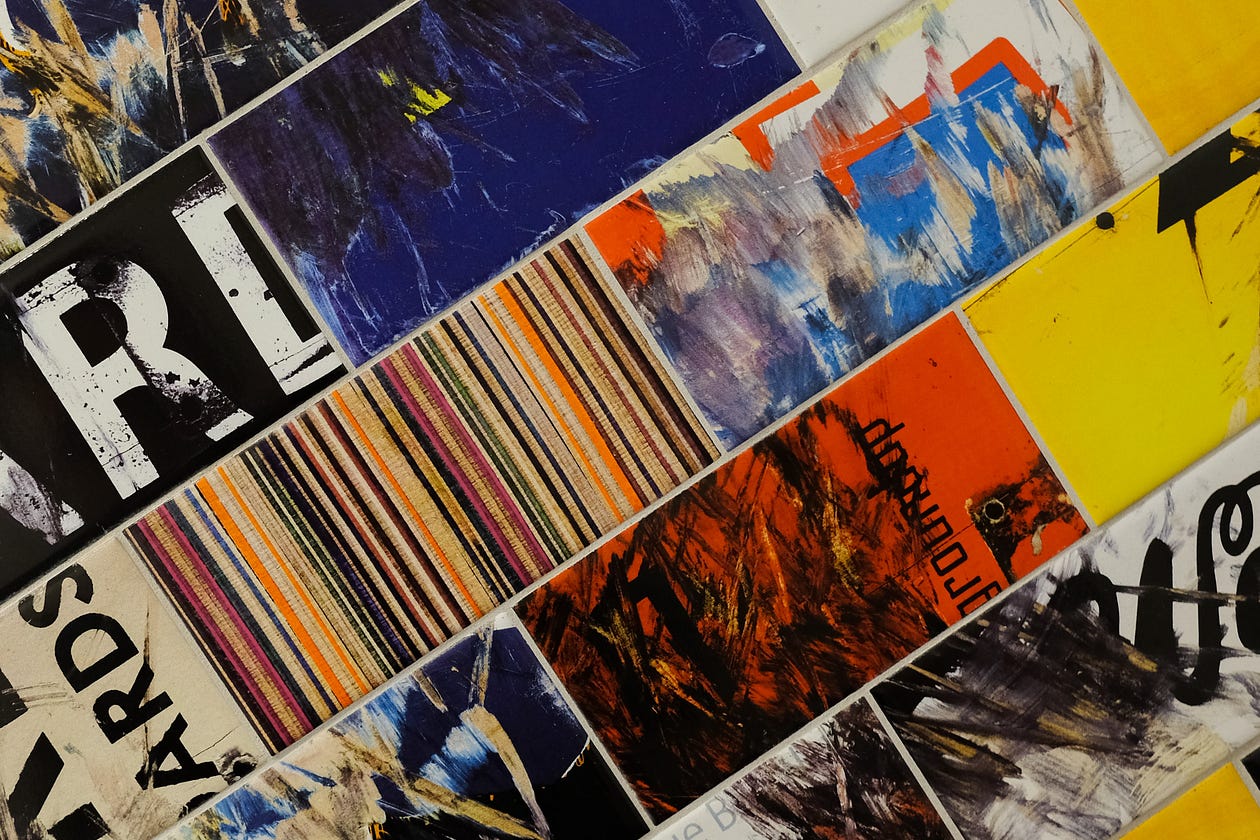The Generative AI news round up

It’s been a great year for AI photo apps which are dominating the Apple app charts. According to TechCrunch, there were 12.6 million downloads in the first 11 days of December alone.
The Lensa AI photo and editing app is the latest AI photo app to go viral because of its amazing creative capabilities and serious concerns about copyright infringement, data privacy, and the sexual exploitation of women and children. It’s a huge money spinner for app purchases and part of a new generation of apps that are turning prompt engineering into productivity and entertainment tools.
Lensa AI acts as a middleman between Stable Diffusion and consumers but if you have enough storage space you can go straight to SD. It costs $3.99. Prisma Labs. The app generates digital self-portraits and users can upload 10–20 self-portrait photographs for a fee.
Lensa AI has ruffled feathers in Australia where artists have accused the application of creative theft. The app uses Stable Diffusion, which is a text-to-image AI that is trained to learn from a data set of online images called LAION-5B and sources billions of images that are scraped from the internet without permission.
In defense, the company states that Lensa AI applies what it has learned and doesn’t directly copy content it has sourced. Artists have taken to Twitter to refute this showing a number of Lensa AI images with the original artist’s signature still identifiable. By the way, artists can now opt out of the next version of Stable Diffusion.
In early December, Adobe Stock joined Shutterstock in announcing their official support in compensating artists for images created by AI image generators. Adobe Stock has updated its guidelines to address recent copyright controversy. Users now have to label work as AI-generated and as Illustrations, not photographs. Users must require permission from original image makers for any regenerated images or text prompts and need a model release for any recognizable faces. This will deter a large chunk of amateur image makers.
Expect these terms and conditions to change and evolve when more issues arise. For this reason, Google’s Imagen is waiting to be released to the public until these issues have been ironed out. As I mentioned in a previous article, many of these startups have rushed to market, some without any consultation with working artists, turning ai-generated art and photo apps into a wild west of copyright and pitting large corporations against individual artists.
After all of this controversy, Prisma-AI has had to move fast and update its Privacy Policy and Terms and Conditions. Make sure you read carefully. There is what is called a Company License that grants the right to use your data. Although it hastens to add that users retain rights to their content or you can e-mail the company to remove your data.
Artists rebel and say no to AI- generative art on Artstation. The art social platform is a place for creatives in games, film, entertainment, and media. Their say “No To AI-Generated Images” statement has been posted by artists who have been increasingly skeptical about the lack of artist protection and copyright.
Artstation has accepted AI generative art on its platform to be featured on the Explore page. They have defended their decision with a public statement on their FAQ page, where they state that they don’t want to stifle creativity.
This comes after Lensa AI received backlash and artists shared images on social media of their work being used without permission, some with the artist’s signature still clearly visible. Artists have never been included in the startup process and a public boycott has been issued. Lensa AI uses an open-source image-to-text model Stable Diffusion.
Alexa AI creates animated stories with Alexa. Children can choose and create a story and an ending. Looking back at my own childhood, I remember the older I got the less time my parents had to read me a story especially as I needed to be encouraged to read stories myself, which I did. You can see where I am going with this. Having an AI available to read stories 24/7 has to have some effect on children’s reading ability.
Amazon has issued Warning Cards from its cloud computing division. According to Reuters, Amazon’s AI Service Cards are for corporate clients to understand restrictions based on cloud services, such as speech and facial recognition. Amazon aims to control data privacy and improper use and to explain difficult problems like discrimination, such as AI’s racial and gender biases and has coined the term, “Technosolutionism” to help corporations to better understand or to explain difficult problems like discrimination, such as AI’s racial and gender biases.
And finally, China bans unsolicited deep fakes. Deep fake images must be clearly watermarked or labeled as such. To combat ai generated images that are published without permission from the original image maker or human subject.
In entertainment news, Disney’s new AI, FRAN or Face Re Aging Network, can change an actor’s appearance by turning facial features younger or older. Many of us have used similar aging, or for my generation, de-aging photo apps to remind us how frigging old our faces have become.
There are more serious implications for makeup artists who find some of their services replaced by AI. Deep Mind AI creates film and stage scripts and I don’t see this specific art form getting ousted by AI but I will keep an eye open.
As technological innovation goes, these special effects tools are certainly more convincing especially when it is more difficult to make someone look much younger in films and TV. If it’s a generation jump then using de-aging AI can also replace hiring a younger actor.
Biggie Smalls, the late rapper who was gunned down in US bi-coastal gang wars in 1997, has been recreated as an avatar. Holograms are limited because the audience has to sit at an angle in order to see the 3D illusion. The metaverse offers a more realistic lifelike avatar. Remington Scott, VFX Director and founder of Hyperreal worked with the family and estate of Smalls and used photographs, video, and home footage to recreate Smalls’ avatar. His mother wept when she saw the results.
And finally, according to MIT, regurgitated AI images forever contaminate the internet. How do we know the AI isn’t scraping more AI generative images? Scraping the internet inevitably brings up the dark side of humanity in all its sick bigoted and exploitative horror. MIT calls it “infected.” Biometrics, data security, permission to scrape your images. Contaminated with images made by artificial intelligence with biases, falsehoods, fake news, and misinformation.
Ginger Liu is the founder of Ginger Media & Entertainment, a Ph.D. Researcher in artificial intelligence and visual arts media, and an author, journalist, artist, and filmmaker. Listen to the Podcast.







